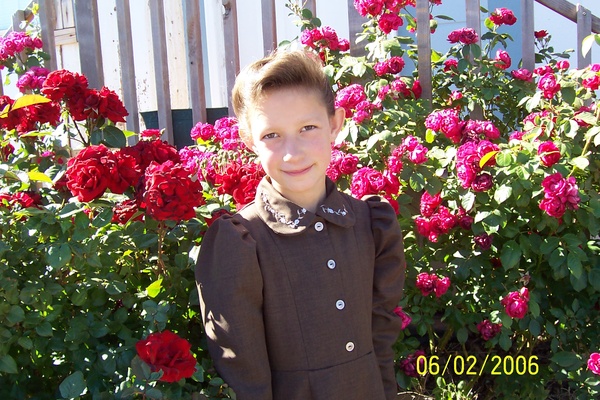Often times a child is protected from the realities of this world by the omission and challenges of certain pieces of literature.
This topic of omitting information from literature came up in communication professor Dr. Randal Chase’s media law class in which he discussed with students what types of information can be removed or banned.
“Either people don’t like the political statements being made or they find [books] objectionable because of their sexual content,” Chase said.
Public Service Librarian Dianne Aldrich said something similar to Chase, “Parents are the most frequent challengers of books; it’s usually a general objection to the content or ideology, but it can also be religious in nature.”
Although offensive content is something of a concern for all readers, young and old alike, both Chase and Aldrich said their concern is for students’ educational rights.
“To limit a student’s education would be to impede their freedom…their intellectual freedom protected under the first amendment,” Aldrich said.
Aldrich said she doesn’t believe the banning of books is beneficial to anyone.
Although some elementary or secondary schools may ban certain material at Dixie State University, the banning of books is practically unheard of.
Every September the DSU library holds a Read a Book Campaign in which the library staff encourages people to be more interested in reading and become aware of the library and reading community.
“[It’s] the public’s right to know,” said Kelly Peterson-Fairchild, the dean of library and learning services.
Peterson-Fairchild said there is a list of banned and challenged books set by the American Library Association. The ALA website updates its banned and challenged book list yearly, but DSU does not take part in banning let alone censoring literature that is publicly accessible.
Peterson-Fairchild said the public needs to know these censorship efforts are out there, and they are a threat.
“When we look at the [ALA] list it is not used in any way to guide our collections,” Peterson-Fairchild said. “[But rather] use it to be aware; ‘Are these things that we should be making sure don’t disappear out of our collection?”
Pearson-Fairchild said these are the kinds of things that we want to protect: the freedom to read and celebrate alternate view points.


